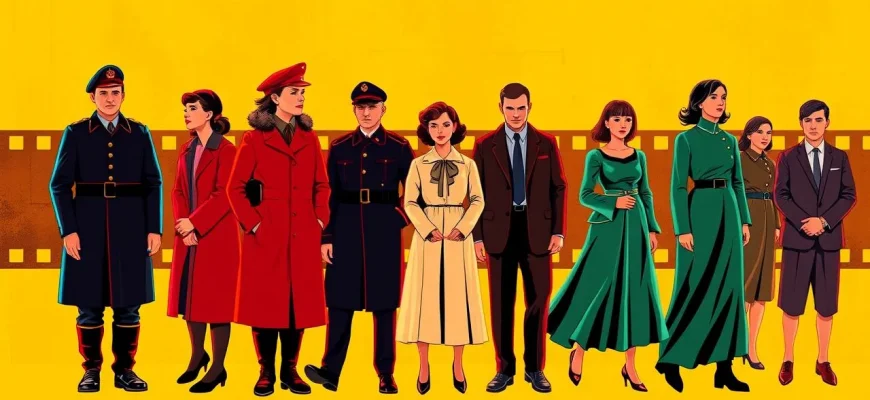The theme of separation has always been a poignant and universal one, resonating deeply with audiences across cultures. Soviet cinema, with its rich tradition of storytelling, has produced several films that delve into the emotional complexities of parting ways, whether through war, personal choice, or fate. This curated list of 10 Soviet films not only showcases the depth of human emotion but also provides a window into the historical and cultural context of the time. Each film in this collection has been selected for its ability to capture the essence of separation, offering viewers a profound cinematic experience.

The Ascent (1977)
Description: Two Soviet partisans face the harsh realities of war, including separation from their comrades and the moral dilemmas of survival.
Fact: It won the Golden Bear at the Berlin Film Festival, and its director, Larisa Shepitko, tragically died in a car accident shortly after its release.
 Watch Now
Watch Now
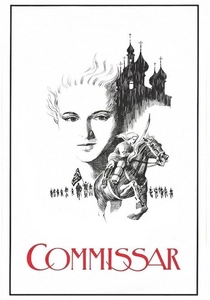
The Commissar (1967)
Description: A pregnant commissar during the Russian Civil War is forced to stay with a Jewish family, exploring themes of separation from her unit and personal identity.
Fact: The film was banned in the Soviet Union for many years due to its portrayal of Jewish characters.
 Watch Now
Watch Now
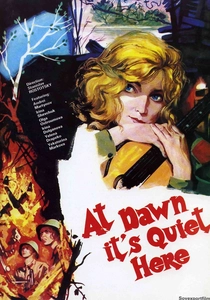
The Dawns Here Are Quiet (1972)
Description: This war drama focuses on a group of female anti-aircraft gunners and their separation from their families and normal lives during WWII.
Fact: The film was based on a novel by Boris Vasilyev, and its sequel was released in
 Watch Now
Watch Now
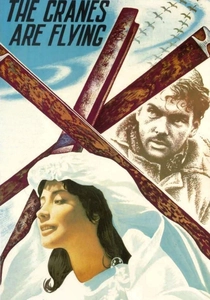
The Cranes Are Flying (1957)
Description: This film tells the story of a young woman whose fiancé is sent to the front during WWII, exploring the themes of separation, loss, and resilience.
Fact: It was the first Soviet film to win the Palme d'Or at Cannes. The film's ending was changed from the original script to provide a more hopeful conclusion.
 30 Days Free
30 Days Free
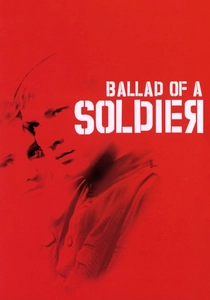
Ballad of a Soldier (1959)
Description: A young soldier, granted a brief leave to visit his mother, encounters various people whose lives are touched by war, highlighting the theme of separation.
Fact: The film was inspired by a real-life story, and its director, Grigori Chukhrai, was himself a WWII veteran.
 30 Days Free
30 Days Free
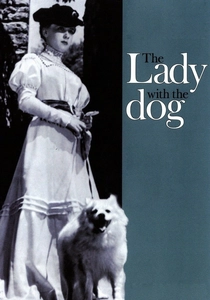
The Lady with the Dog (1960)
Description: An adaptation of Chekhov's story, it delves into the emotional separation and reunion of two lovers in a seaside town.
Fact: The film was shot in Yalta, where the original story is set, adding authenticity to the setting.
 30 Days Free
30 Days Free
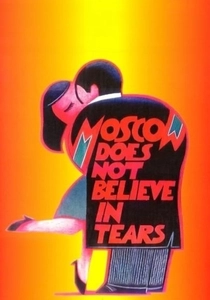
Moscow Does Not Believe in Tears (1980)
Description: This film spans three decades, showing how separation and time affect the lives of three women in Moscow.
Fact: It won the Academy Award for Best Foreign Language Film, making it one of the few Soviet films to achieve this honor.
 30 Days Free
30 Days Free

The Irony of Fate (1975)
Description: A comedic yet poignant tale of mistaken identity leading to a romantic separation and reunion, set against the backdrop of New Year's Eve.
Fact: It has become a New Year's tradition in Russia to watch this film, and it was one of the first Soviet films to be shown on television.
 30 Days Free
30 Days Free

The Station Master (1972)
Description: Based on a story by Alexander Pushkin, it explores the theme of separation through the life of a station master and his daughter.
Fact: The film was part of a series of adaptations of Pushkin's works, showcasing the timeless nature of his stories.
 30 Days Free
30 Days Free

The Return (2003)
Description: While not strictly Soviet, this film by Andrey Zvyagintsev deals with the theme of separation as two brothers confront their father after his long absence.
Fact: It won the Golden Lion at the Venice Film Festival, marking a significant achievement for Russian cinema post-Soviet era.
 30 Days Free
30 Days Free

